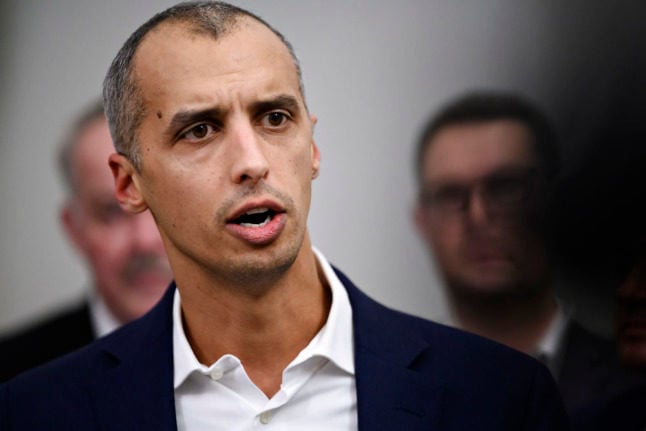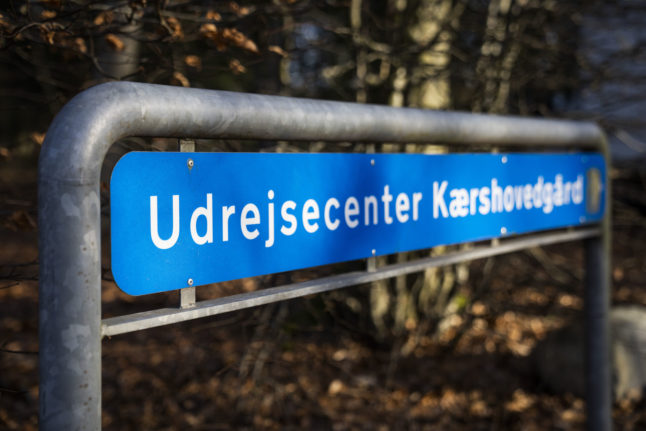Minister for Immigration and Integration Mattias Tesfaye confirmed on Wednesday that the government was prepared to introduce special legislation for Ukrainian nationals in Denmark, after other parties also called for the move.
The minority government is now scheduled to discuss the matter with other parties at a parliamentary meeting on Friday.
Here, the government is expected to present more specific detail as to what the special law will mean. It will also ask for expedited process through parliament so any bill can be passed as quickly as possible.
Current rules allow Ukrainian nationals to stay in Denmark for 90 days without a visa.
A special law would extend this and could conceivably mean that Ukrainians would be able to stay in Denmark for longer than three months without having to have asylum claims assessed by authorities.
EU countries are already scheduled to meet on Thursday to discuss how to help Ukrainians displaced by the Russian invasion which began last week.
Denmark has an opt-out from any EU legislation that may be passed on the question and is therefore able to pass its own law.
An addition to residency, the Danish law will also address the status of Ukrainian refugees on the Danish labour market, Tesfaye said.
“I have just today had a meeting with the Ukrainian ambassador, who has a positive view of quickly ensuring special residency rules for Ukrainians,” he said in a written comment to news wire Ritzau.
“I will now discuss the options with my European colleagues on Thursday.
“On the basis of that I will meet parliament’s parties on Friday, when I will table the government’s proposal for how we in Denmark best ensure Ukrainians a good and quick welcome, including in relation to getting them on the labour market as soon as possible,” he said.
READ ALSO: How can people in Denmark help Ukraine?



 Please whitelist us to continue reading.
Please whitelist us to continue reading.
Member comments